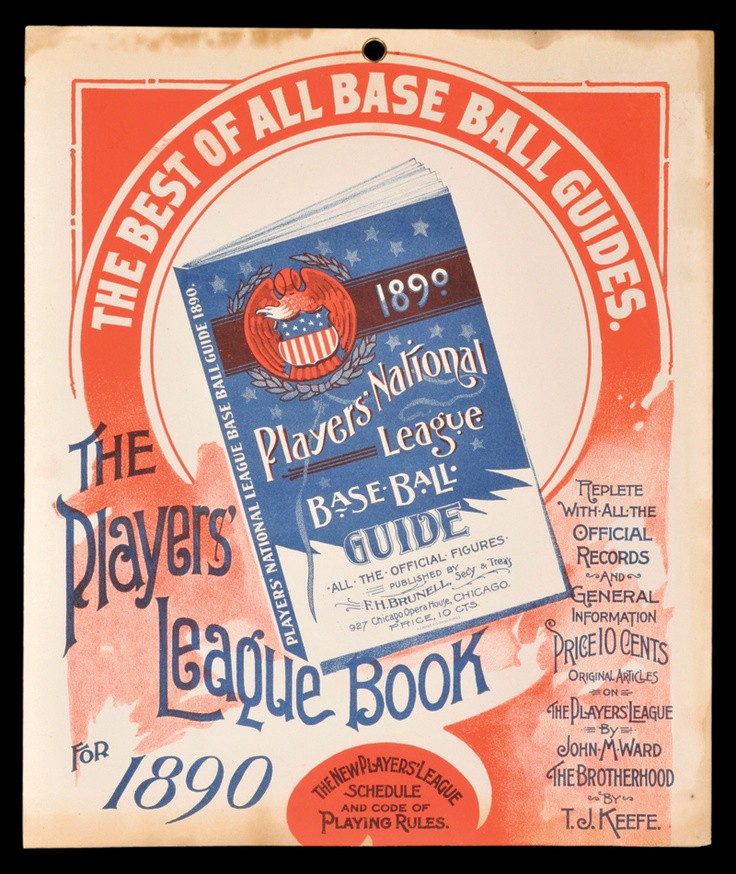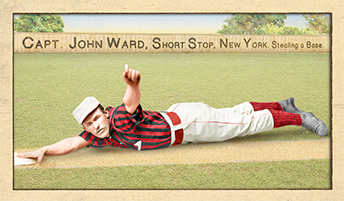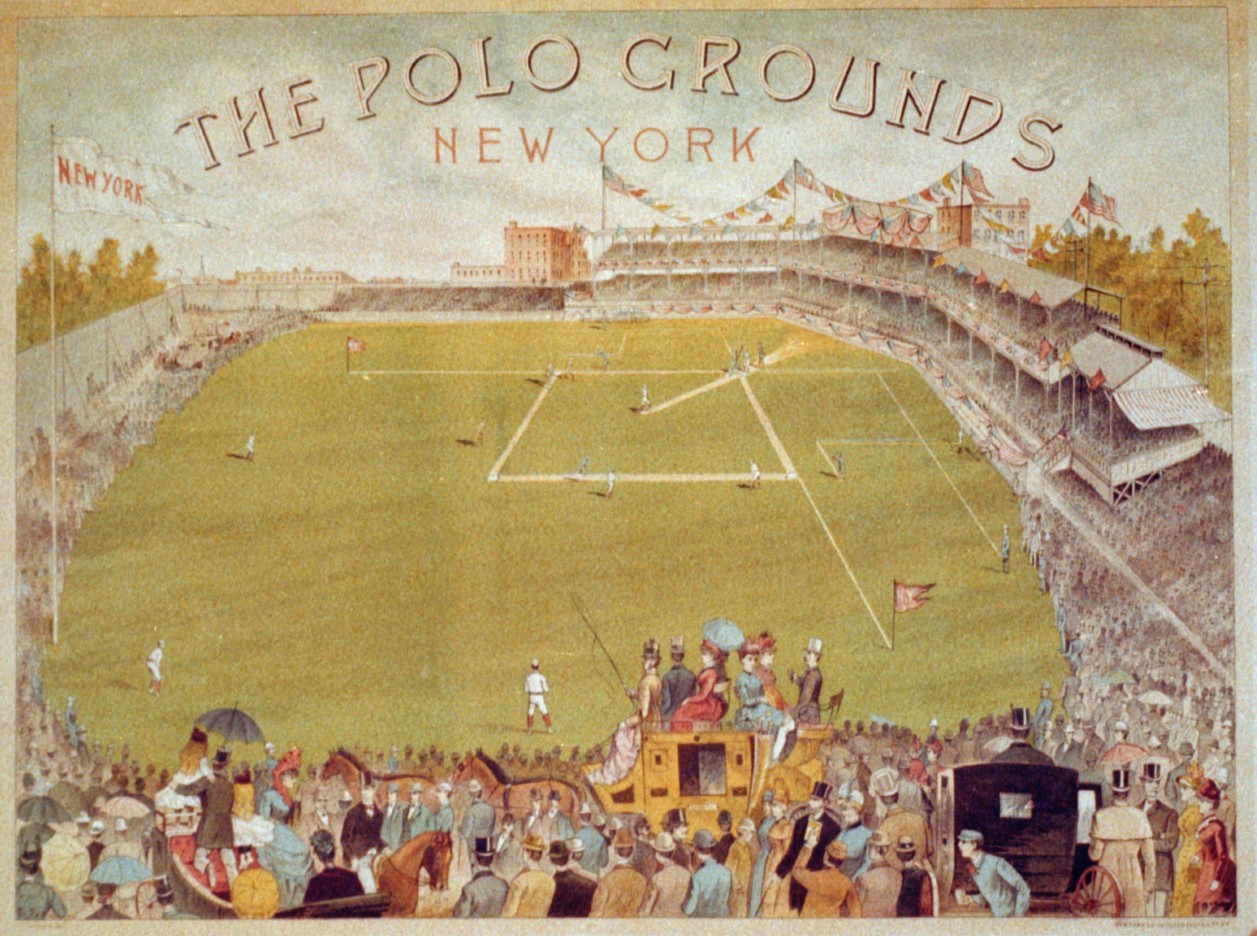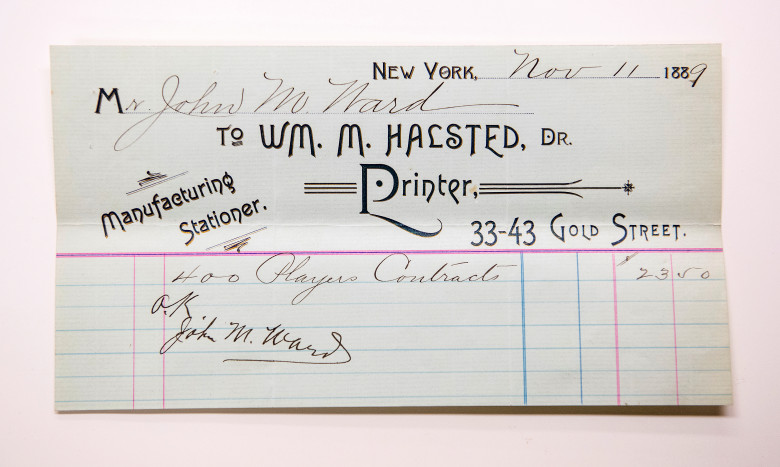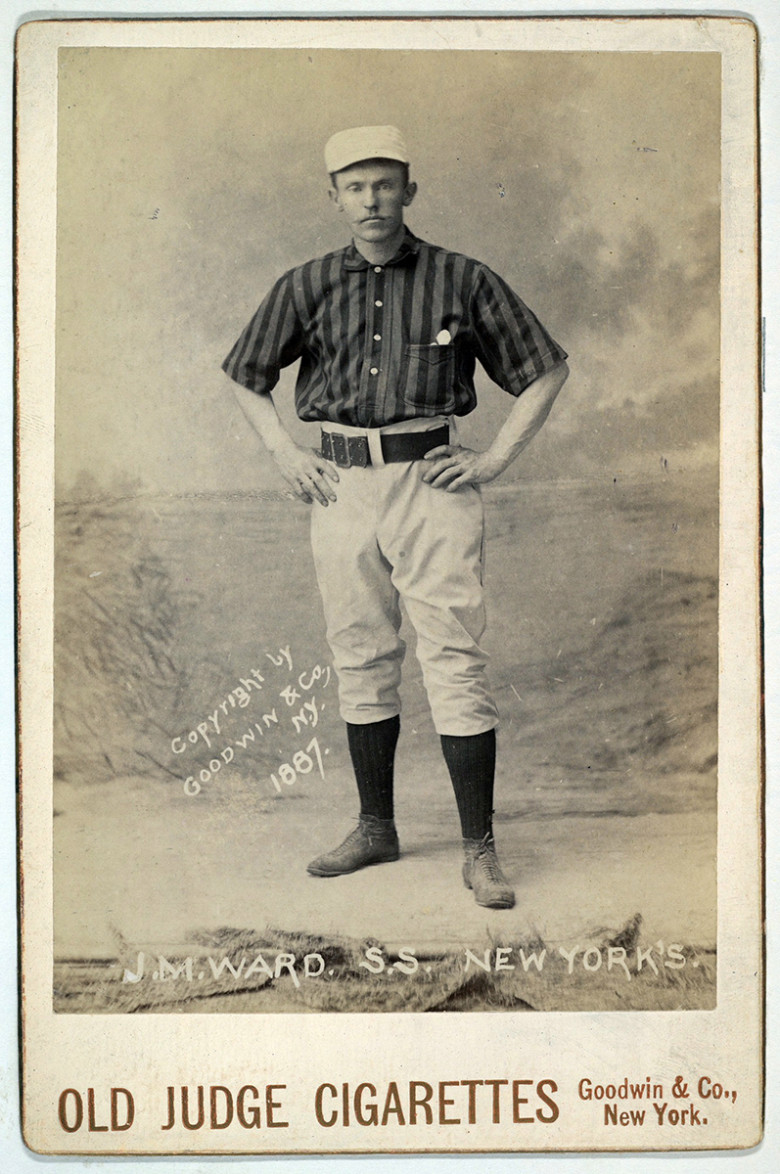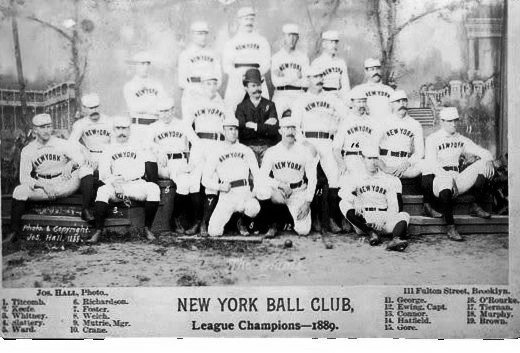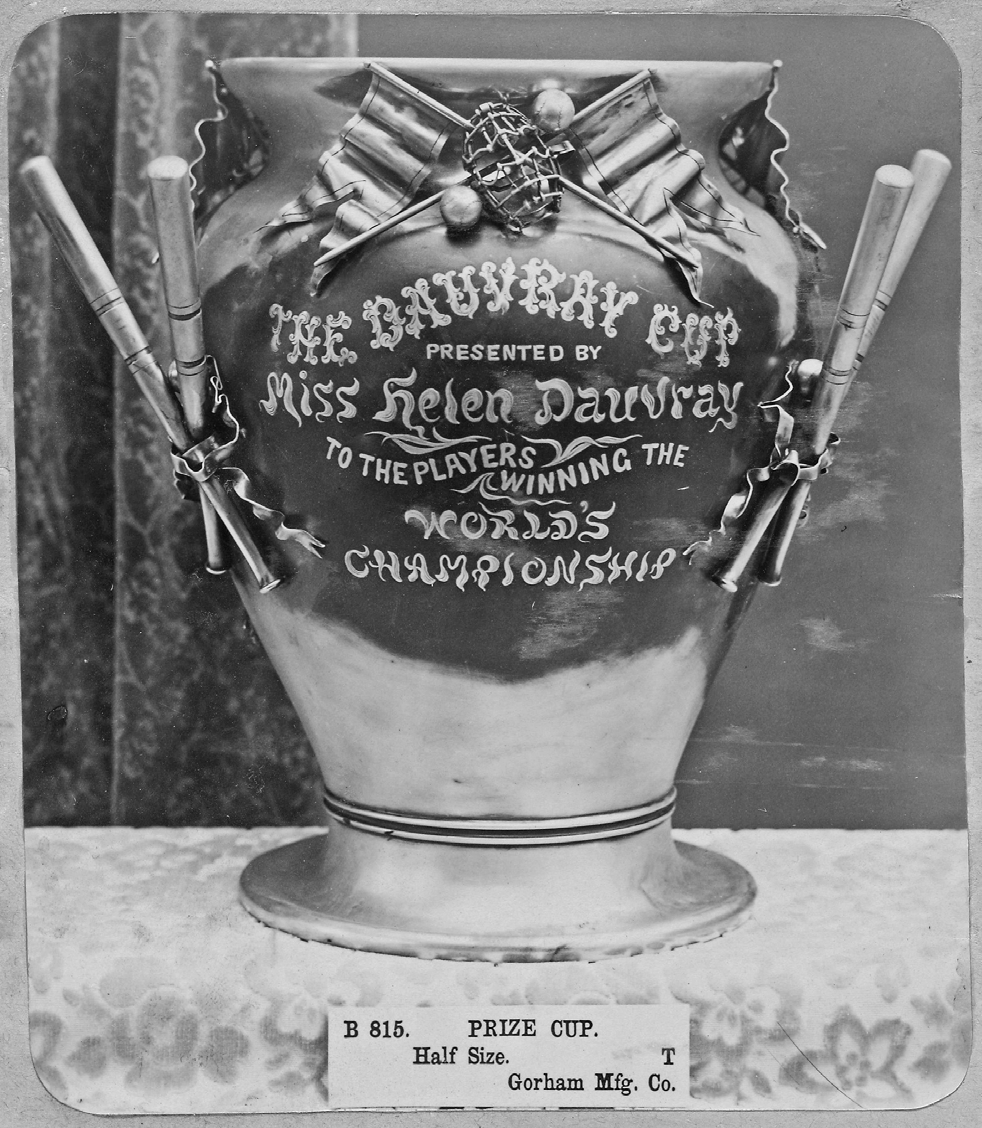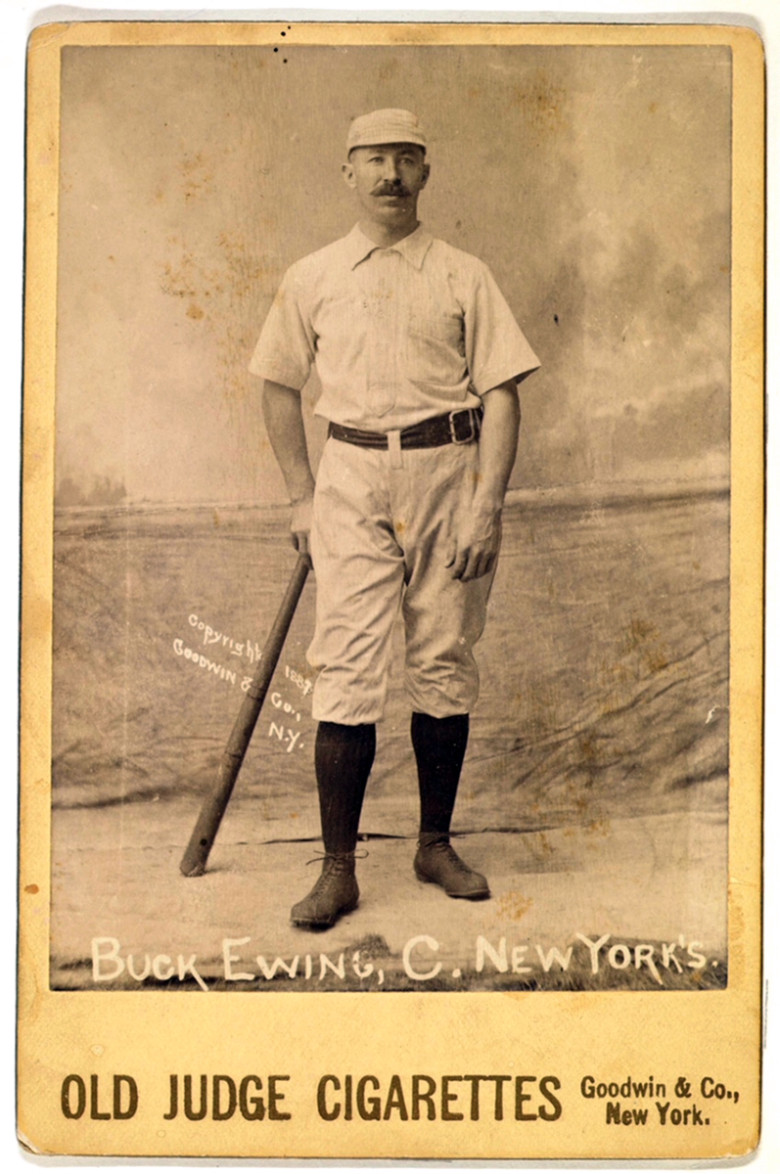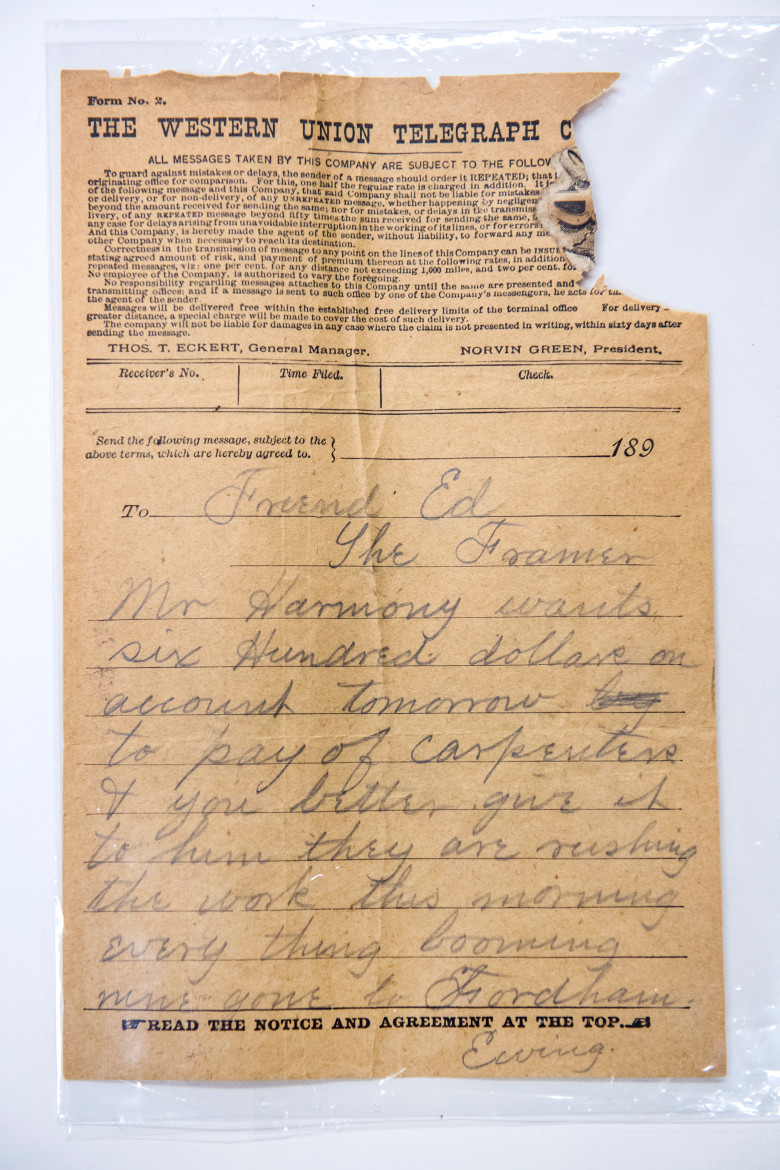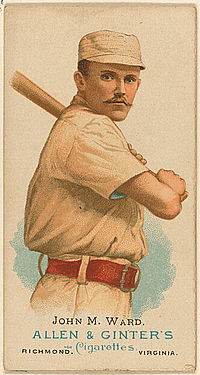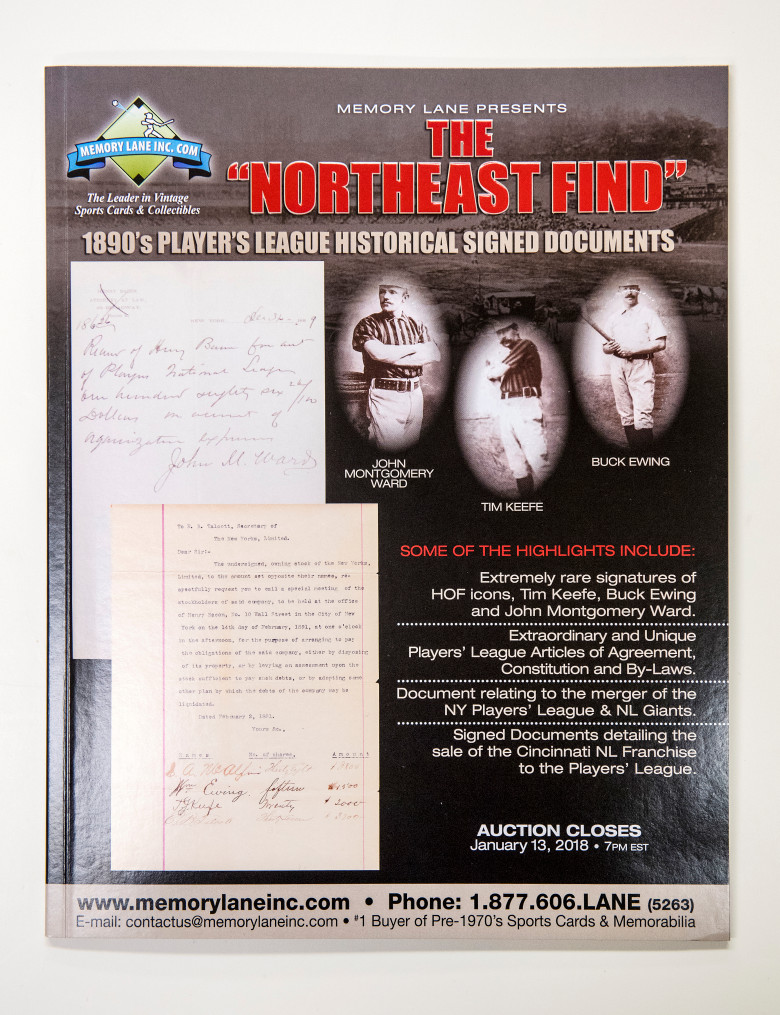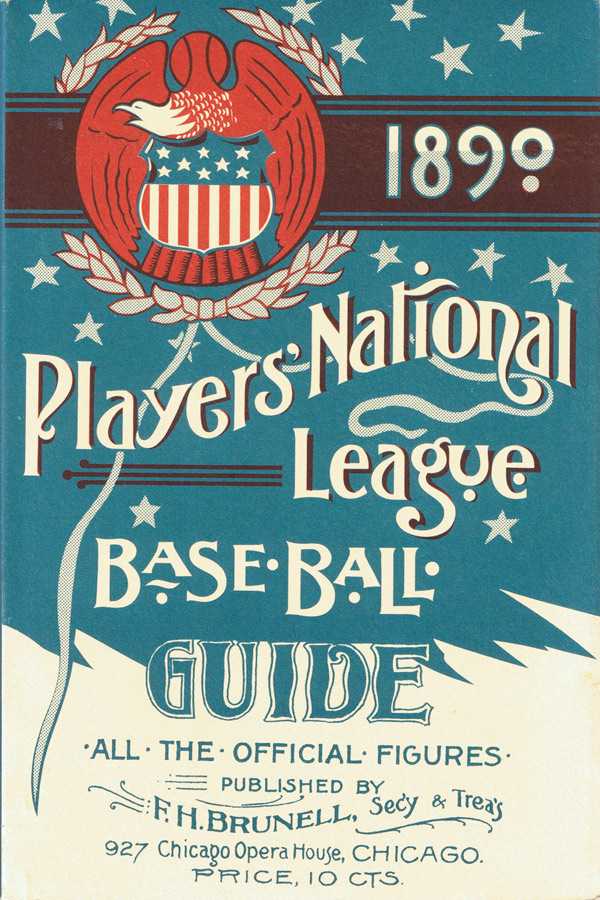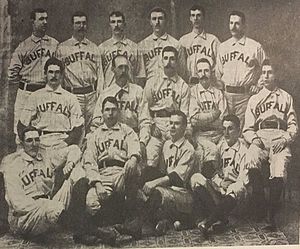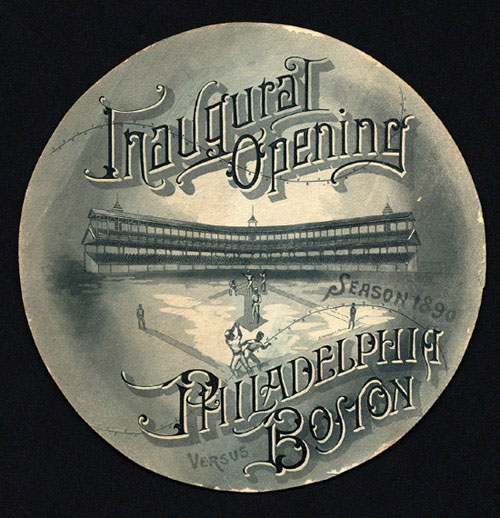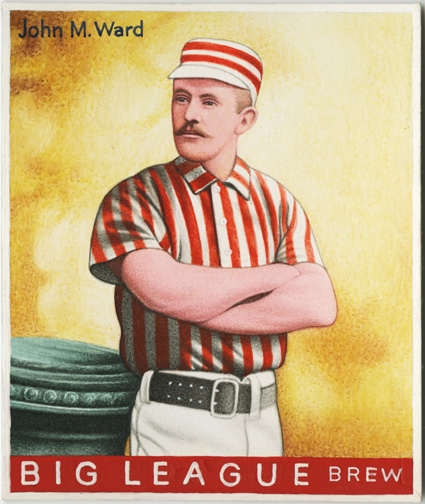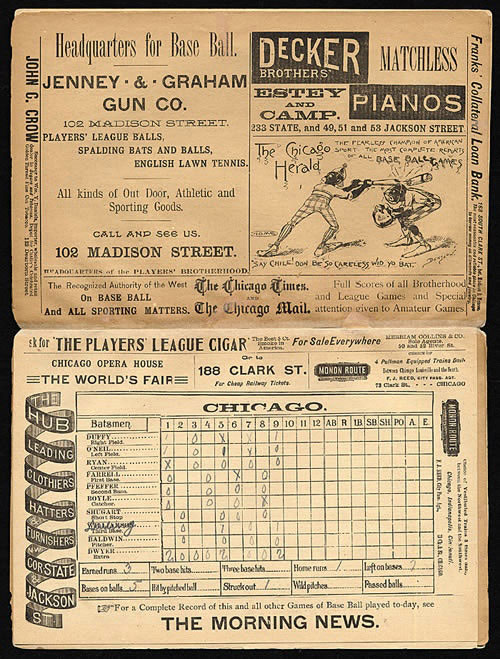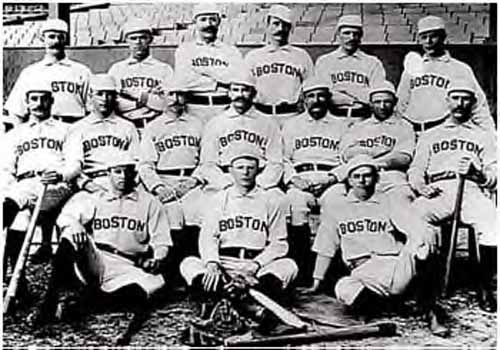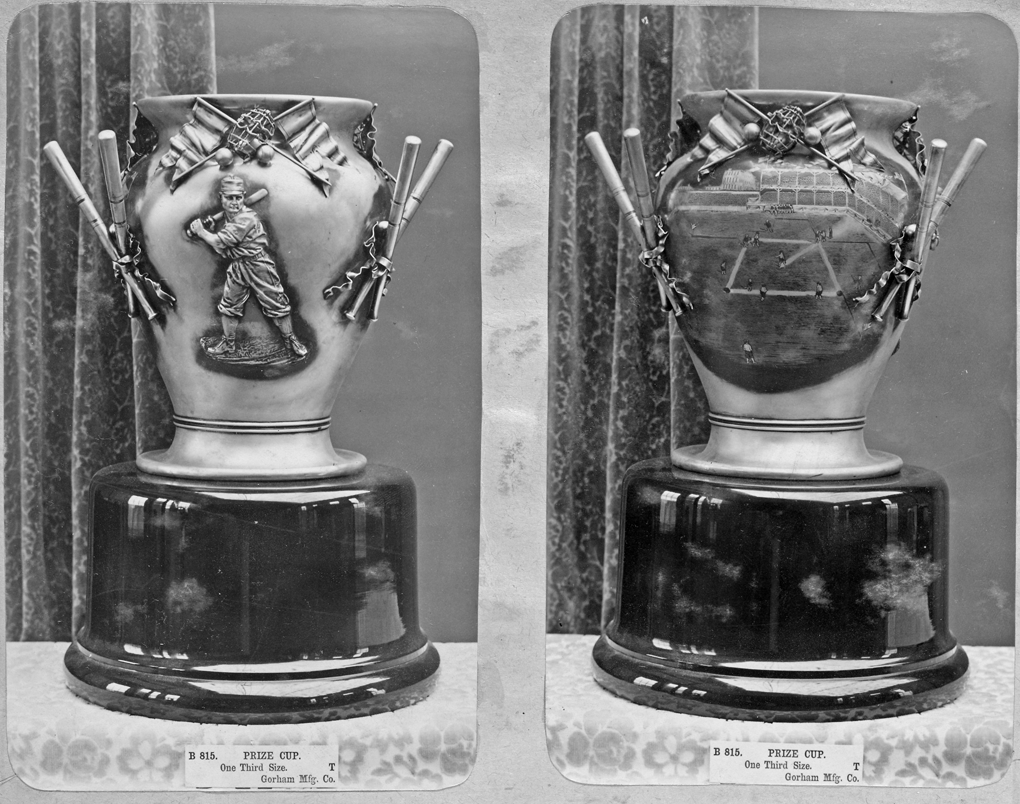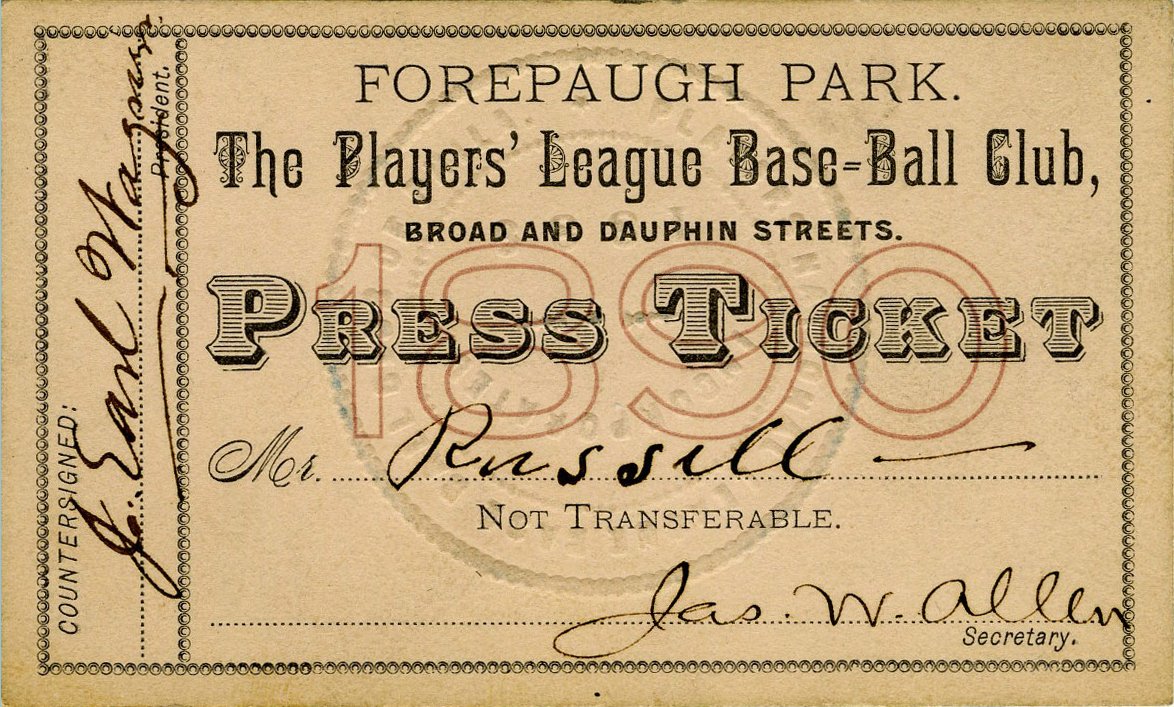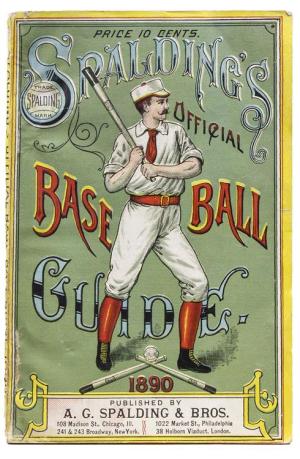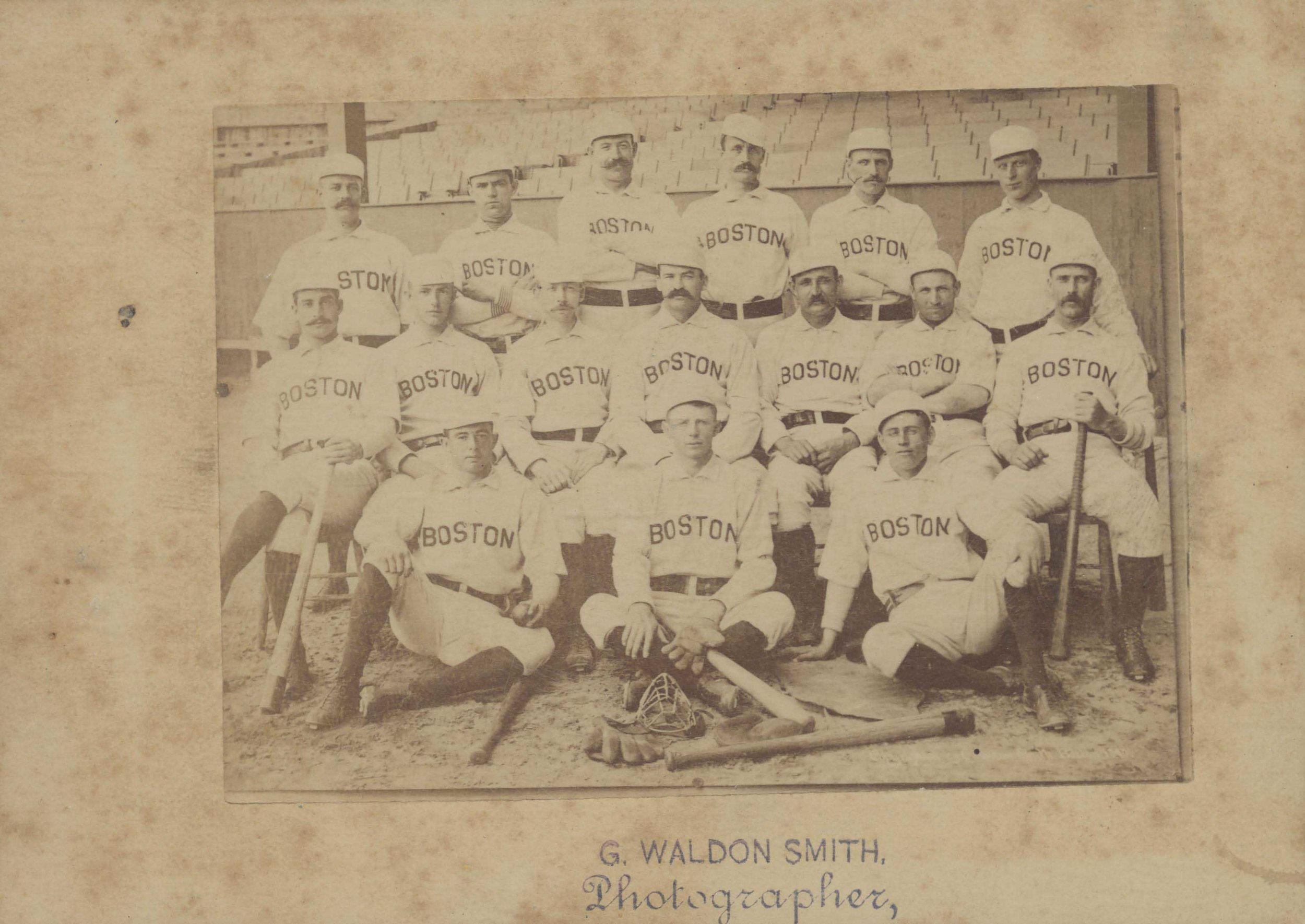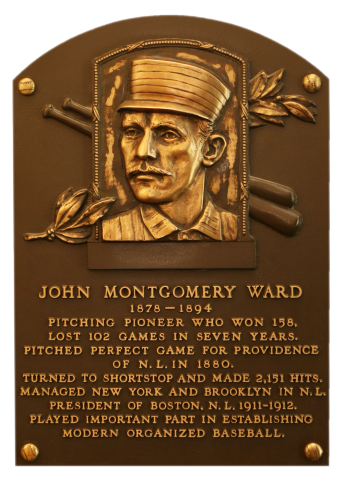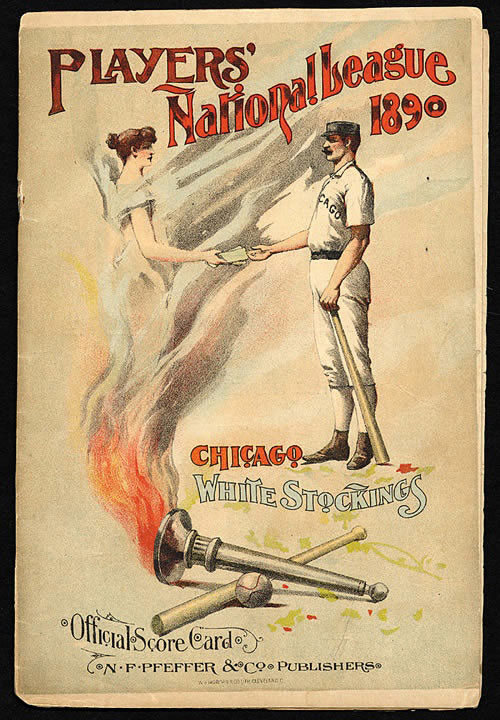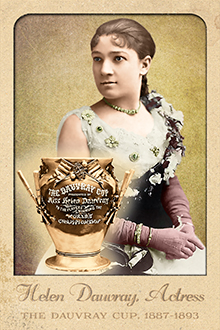With Major League Baseball finally back in full swing, we dial the Wayback Machine all the way back to the year 1890, when the professional version of America’s Pastime was still nascent, its business model was largely unproven, and the players of the day seethed at their team owners’ increasingly restrictive operating practices – to the point of dramatic and open revolt that ultimately set the contentious tone of owner-player relations for baseball and all of US pro sports for generations to follow.
Global cultural studies professor Bob Ross (The Great Baseball Revolt: The Rise and Fall of the 1890 Players League) joins host Tim Hanlon to discuss the short-lived professional baseball league controlled and owned in part by players themselves – a response to the dominant National League’s salary cap and “reserve rule,” which bound players to one team for life. Led by curveball-pioneering and first-ever sports labor union-founding (and eventual baseball Hall of Famer) John Montgomery Ward, the Players’ League was a star-studded circuit that included most of the National League’s best players, who bolted not only to gain more control of their wages, but also to share ownership of the teams.
Lasting only one season and spanning eight major markets (Boston, Brooklyn, Buffalo, Chicago, Cleveland, New York, Philadelphia, and Pittsburgh), the league impacted both the professional sports and the labor politics of athletes and non-athletes alike. Though it marketed itself as a working-class entity, the players were badly underfunded; ironically, they had to turn to wealthy capitalists for much of their startup capital outlays – including, in many cases, new ballparks – which, along with baseball’s best talent, helped the Players’ League initially outdraw the National League at the turnstiles. But when the National League retaliated in the press by overinflating its attendance and profits, the backers of the upstart league pulled out at season’s end, and the unionized players’ bold experiment folded.
But a clear message had been sent – and the business of baseball and American professional sports would never be the same.
Be sure to visit our sponsors: Podfly, SportsHistoryCollectibles.com, and Audible!

